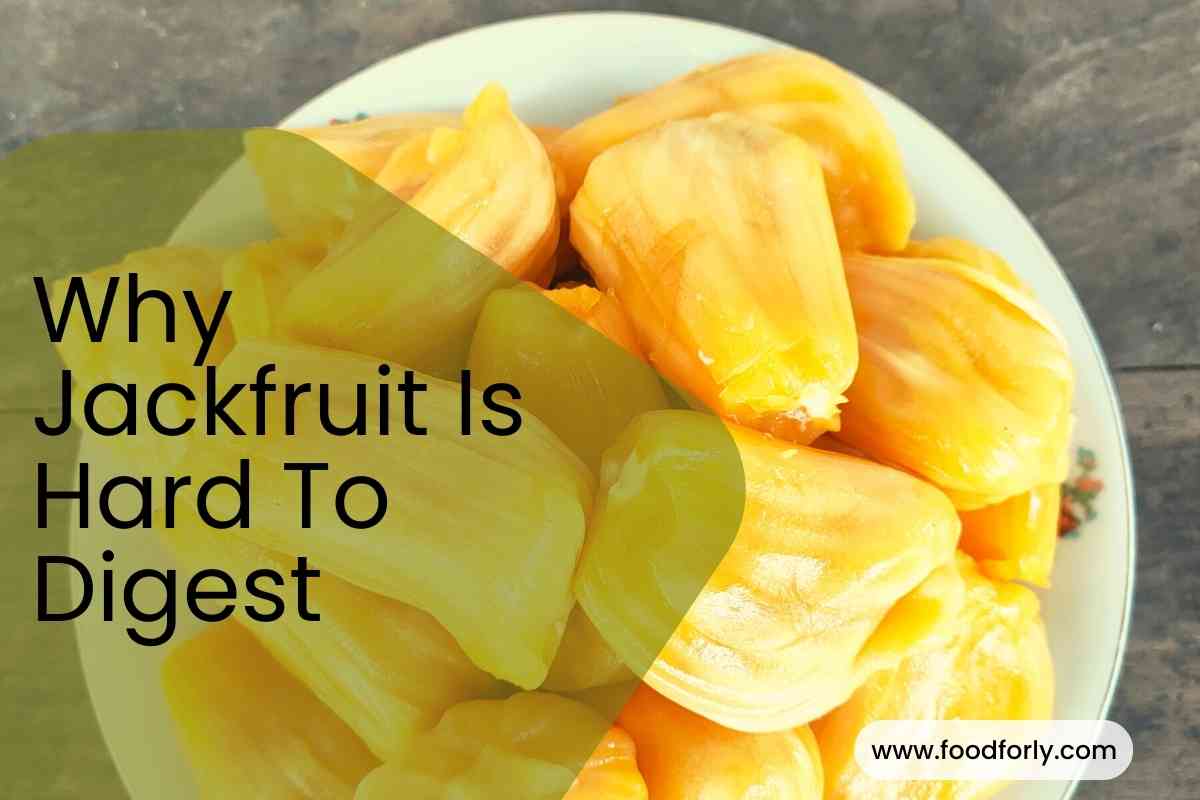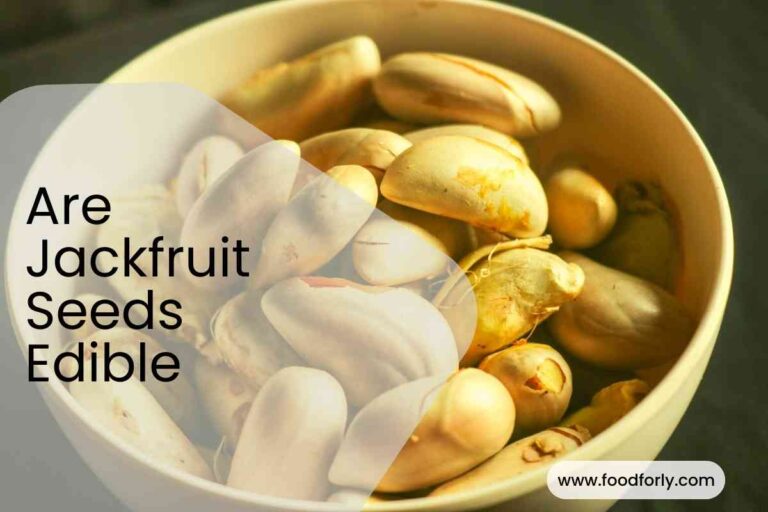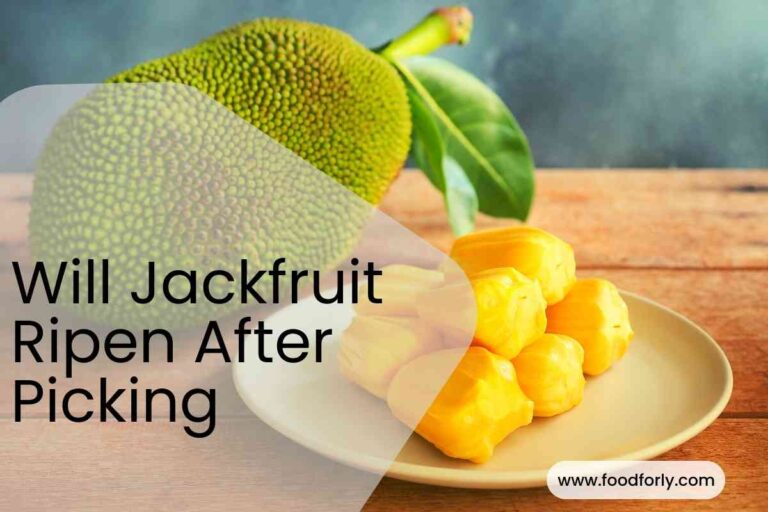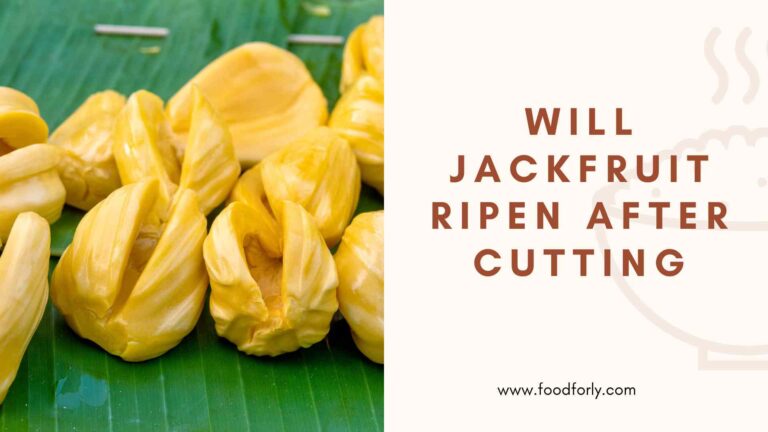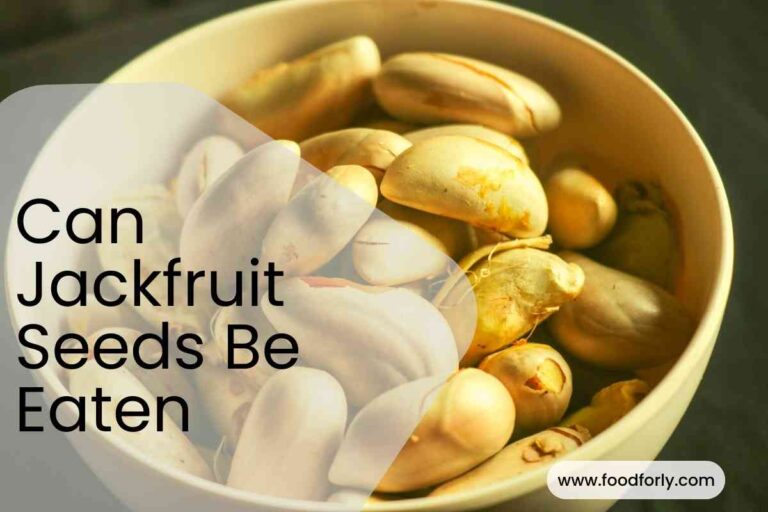Why Jackfruit Is Hard To Digest
Jackfruit is a tropical fruit that is popular in many parts of the world. It is a large fruit that can weigh up to 80 pounds (36 kg). The flesh of the jackfruit is yellow or white and is full of small, black seeds. The taste of jackfruit is often described as a cross between a pineapple and a banana.
While jackfruit is a delicious and nutritious fruit, it is also very difficult to digest. This is because jackfruit contains a lot of fiber. Fiber is an indigestible type of carbohydrate that helps to add bulk to the stool and keeps the digestive system healthy.
However, when too much fiber is consumed, it can cause problems like bloating, gas, and diarrhea. So, if you are planning on eating jackfruit, be sure to do so in moderation. And, if you experience any digestive problems after eating jackfruit, be sure to see a doctor or dietitian.
There are a few reasons why jackfruit is hard to digest. One reason is that it is a very fibrous fruit. This means that it contains a lot of indigestible plant matter. When this fruit is eaten, it can cause indigestion and other digestive problems. Another reason why jackfruit is hard to digest is because it is a very sticky fruit. The sticky nature of the fruit can cause it to adhere to the walls of the intestines, which can make it difficult to digest. Lastly, the seeds of the jackfruit are also very hard to digest. When these seeds are eaten, they can pass through the digestive system undigested, which can cause blockages and other problems.
Jackfruit is a tropical fruit that is popular in many parts of the world. It is high in nutrients and fiber, but it is also very hard to digest. The main reason why jackfruit is hard to digest is because it is very high in fiber.
Fiber is essential for good gut health, but it can also be difficult to digest. When there is too much fiber in the diet, it can cause constipation, bloating, and gas. Jackfruit is also high in sugar, which can make it even more difficult to digest.
If you are having trouble digesting jackfruit, there are a few things you can do to help. Make sure to drink plenty of water throughout the day. This will help to keep your digestive system moving. You can also try eating jackfruit with other fruits and vegetables that are easier to digest.
If you are still having trouble digesting jackfruit, you may want to talk to your doctor. They can help you figure out the best way to include jackfruit in your diet.
Why Is Jackfruit Hard To Digest
Jackfruit is a tropical fruit that is popular in many parts of the world. It is high in nutrients and has a unique taste and texture. However, jackfruit can be hard to digest for some people. There are a few reasons why jackfruit may be hard to digest.
First, jackfruit is a highfiber food. For some people, this can lead to gas and bloating. Additionally, jackfruit contains a type of sugar called sorbitol. Sorbitol is a sugar alcohol that is not completely absorbed by the body.
This can cause diarrhea in some people. If you have trouble digesting jackfruit, you may want to try eating it in small amounts. You can also cook jackfruit to make it easier to digest. Additionally, be sure to drink plenty of fluids and get enough rest to help your body digest the jackfruit properly.
What Are The Benefits Of Eating Jackfruit
There are many benefits of eating jackfruit, including its nutrient content. Jackfruit is a good source of vitamins C and A, as well as potassium, dietary fiber, and magnesium. It also contains phytonutrients that have antioxidant and antiinflammatory properties.
These nutrients are important for maintaining overall health and preventing chronic diseases. Additionally, jackfruit has a low glycemic index, making it a good choice for people with diabetes.
What Are The Side Effects Of Eating Jackfruit
If you’re thinking of adding jackfruit to your diet, you might be wondering what the potential side effects are. Here’s what you need to know. When it comes to side effects, there is good news and bad news when it comes to jackfruit.
The good news is that, for the most part, jackfruit is considered to be a very safe food to eat. There are no known toxic effects and it is not known to cause any allergies. The bad news is that, like with any food, there is always the potential for some side effects.
The most common side effect associated with jackfruit is diarrhea. This is usually the result of eating too much jackfruit or eating unripe jackfruit. If you experience diarrhea after eating jackfruit, it is best to reduce your intake or avoid it altogether.
Other potential side effects include nausea, vomiting, and abdominal pain. These are typically the result of eating unripe jackfruit. If you experience any of these symptoms, it is best to avoid jackfruit or eat it in moderation.
Overall, jackfruit is considered to be a safe food to eat. However, as with any food, there is always the potential for some side effects. If you experience any adverse effects after eating jackfruit, it is best to reduce your intake or avoid it altogether.
How Do I Prepare Jackfruit For Easy Digestion
If you’re looking to add jackfruit to your diet for easy digestion, there are a few things you can do to prepare it. First, be sure to remove the hard outer shell of the jackfruit. This can be done by cutting it open with a sharp knife.
Once the outer shell is removed, you’ll want to cut the jackfruit into smaller pieces. This will help to break down the fruit and make it easier to digest. You can also cook jackfruit before eating it. This can be done by steaming or boiling the fruit.
This will help to soften the jackfruit and make it easier to digest. When preparing jackfruit for easy digestion, be sure to start with small amounts. This will help your body to adjust to the new fruit and avoid any digestive issues.
what does jackfruit taste like
Conclusion
Though jackfruit is a delicious and healthy fruit, it is hard to digest for some people. This is because jackfruit contains a lot of fiber, which can be difficult to break down. If you have trouble digesting jackfruit, you may want to try eating it in smaller amounts or cooking it to make it easier to digest.

